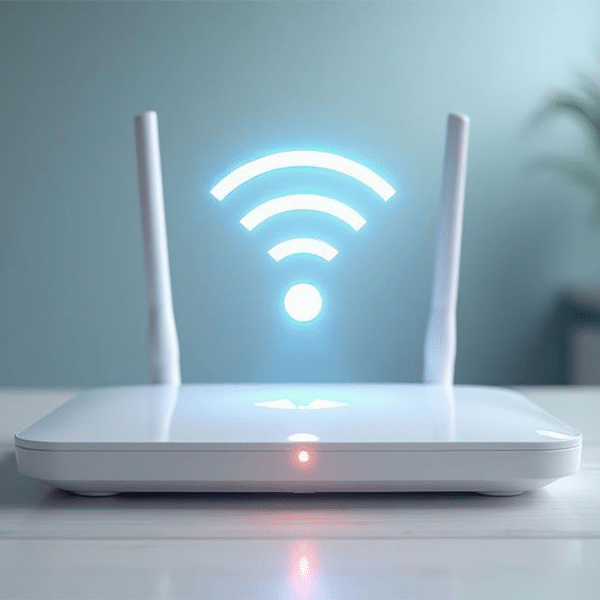 Mobile VoIP minutes will increase significantly by 2015, increasing from 15 billion this year to 470.6 billion, according to a new report from Juniper Research. Growth is expected across all regions, but in developed markets particularly given the “increasing ubiquity of 3G networks.”
Mobile VoIP minutes will increase significantly by 2015, increasing from 15 billion this year to 470.6 billion, according to a new report from Juniper Research. Growth is expected across all regions, but in developed markets particularly given the “increasing ubiquity of 3G networks.”
“Competitive and regulatory pressure will mean that traditional operators in developed markets will increasingly ‘bury the hatchet’ and forge partnerships with VoIP providers,” with mVoIP minutes reaching 135 billion minutes in the US alone, Juniper states in a news release.
Verizon’s decision to carry Skype over its 3G networks is indicative of things to come, and evidence that mVoIP is “reaching the top of the agenda for mobile operators…[though it will] take some time for many operators, particularly in emerging markets to accept it, since it represents loss of control over their own networks,” says Anthony Cox, Juniper senior analyst and author of the report, “Mobile Voice Strategies: mVoIP Opportunities and Business Models, 2010-2015.”
Of the various modes of delivering VoIP–WiFi, via carrier alliances or through an application downloaded to a handset or smartphone, operators “fear losing traffic to WiFi the most,” Cox adds. “WiFi mobile is potentially the most damaging of all VoIP traffic as it bypasses the mobile networks altogether. We forecast that mobile VoIP will cost operators $5 billion globally by 2015.”
Cox and Juniper also forecast that operator revenues from circuit switched voice will continue to shrink over the next five years, though the rate of decline will not increase. The market opportunity for mobile voice services based on advertising revenue, meanwhile, “will be limited for the foreseeable future.”


